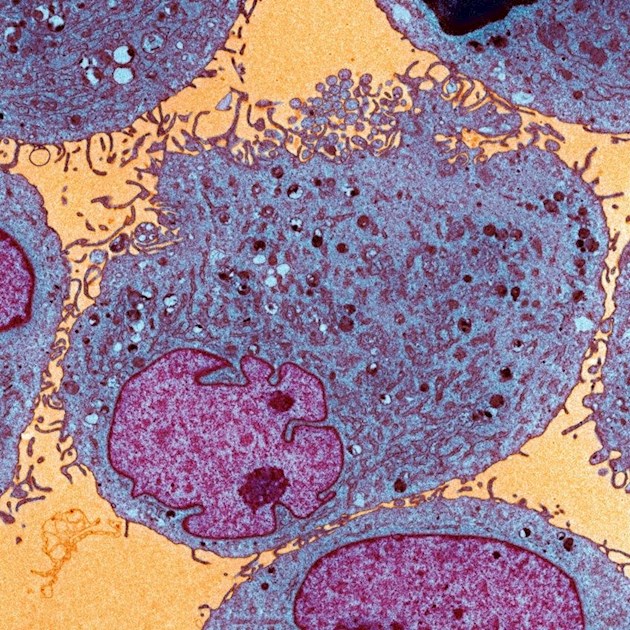Not exactly an optimistic report.
Dr James Gerson, MD, - "Not a lot is known as to what happens in the patients for whom CAR-T therapy does not work,” “Anecdotally, we say that patients often progress rapidly and aren’t able to get further therapies, but it’s not something there’s a lot of data for.”
Researchers reported the outcomes and characteristics of patients with CLL who received anti-CD19 CAR-T therapy during a clinical trial (ClinicalTrials.gov Identifier: NCT01865617), but either never had a response or eventually had disease relapse.
A total of 28 patients with CLL were included in the study, and among these, 16 (57%) had stable or progressive disease and 12 (43%) initially had a response after CAR-T therapy but then had disease relapse after a median of 11 months.
The phase 1/2 TRANSCEND CLL 004 trial, which were reported at the 61st ASH showed a high success rate — 82% of patients with CLL had an overall response with the anti-CD19 CAR-T therapy lisocabtagene maraleucel (liso-cel) — but the study population was small, comprised of only 22 patients.However, in another trial (ClinicalTrials.gov Identifier: NCT01029366) of 14 patients with CLL showed that only 8 (57%) had a response to treatment with an anti-CD19 CAR-T therapy, 4 (29%) of which were complete responses.
Patients whose disease progressed during treatment with ibrutinib and treatment with venetoclax before CAR-T therapy lived only a median of 7 months after CAR-T therapy. In contrast, patients whose disease progressed during treatment with only 1 of these drugs lived a median of 16.4 months, an improvement that was determined to be statistically significant (P =.01).
Patients who received a stem cell transplant after the CAR-T lived longer again.
More here: cancertherapyadvisor.com/ho...
Jackie
